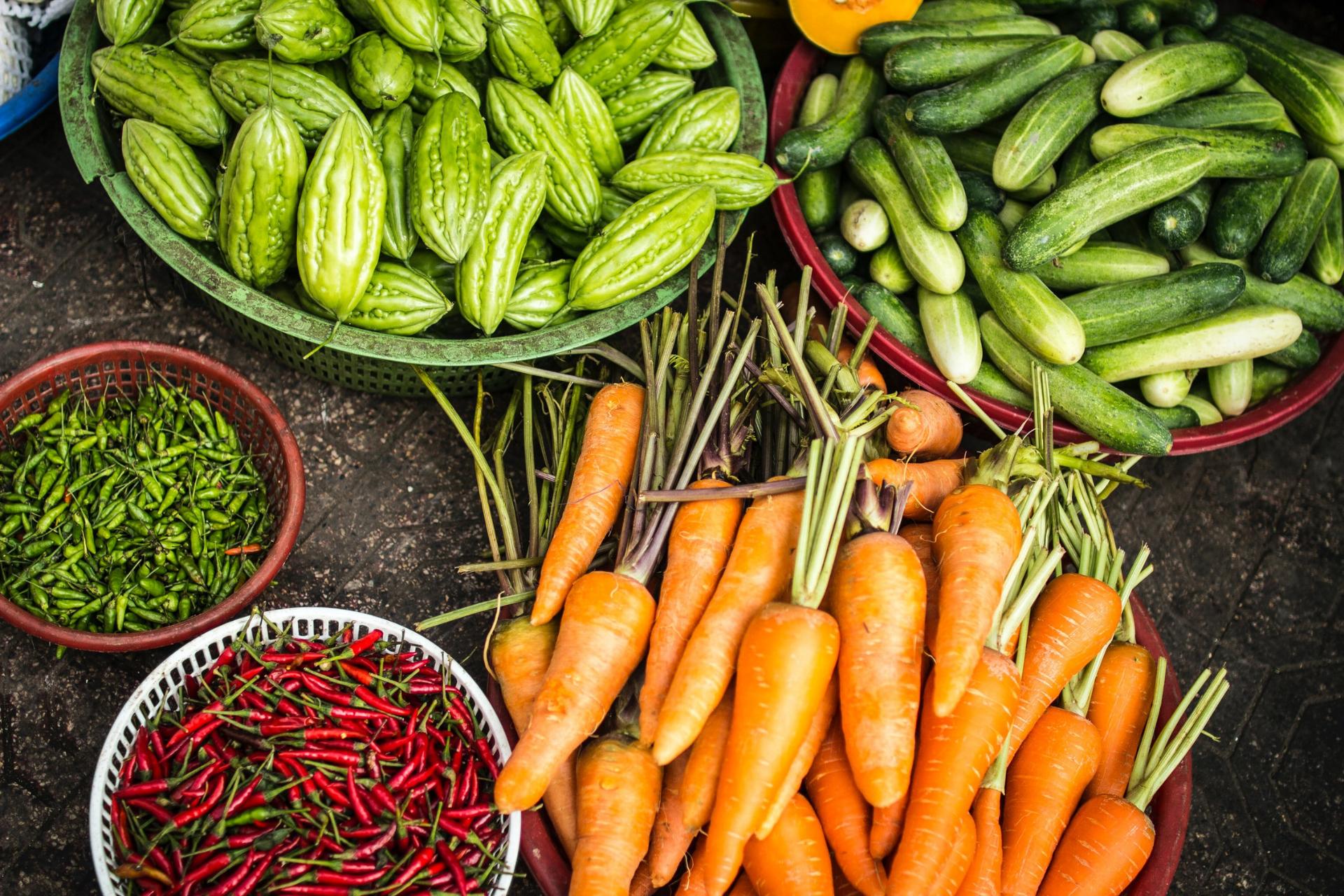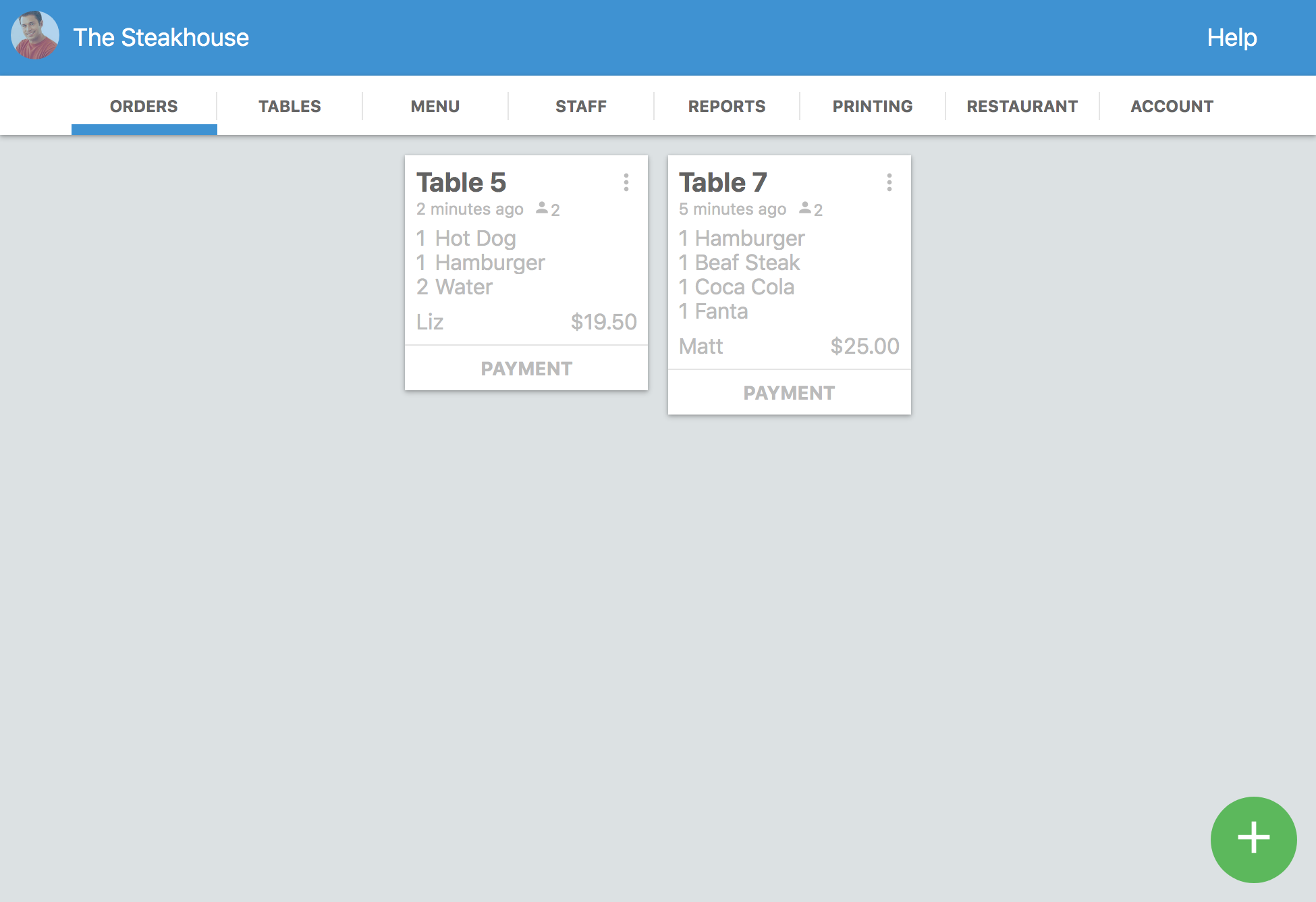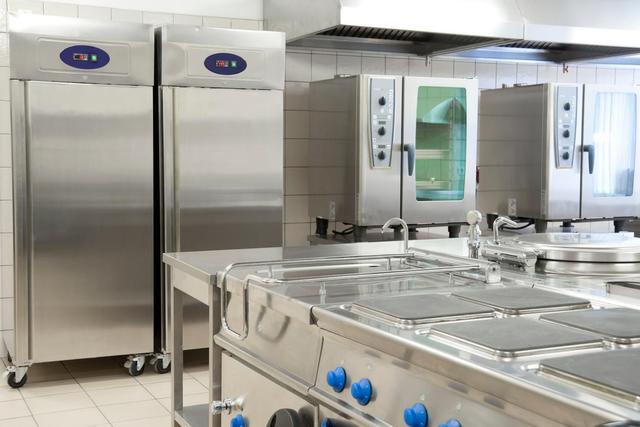You don't know how to choose suppliers for your restaurant?
Do you need to start choosing suppliers for your food business?
When it comes to restaurants, choosing the most convenient providers can save you or cause you a lot of trouble. They are the ones who have the power to completely or partially disable your restaurant in one day!
In this article, I will talk to you about:
- The importance of choosing the best suppliers for your restaurant.
- The supplier selection process.
- The types of providers you should consider.
- Tips to choose the best ones.
In addition, I will give you some tips so that you become the best customer for your suppliers since strengthening the relationship with your commercial allies is vital for your business.
Let's get started!
Importance of Choosing the Best Suppliers for Your Restaurant

Choosing the best suppliers for your restaurant is a matter of life and death — your business is about turning their products into delicious dishes for your diners!
So if those products don't exist, your restaurant is in serious trouble.
It is true that a bad supplier can disable your business in a day, or simply hinder the operation of your restaurant by arriving a few minutes or hours later than planned.
They are so important to your restaurant that you should even include them in your business plan.
In addition, they can also make you spend a lot of money if they send you products that you did not order (especially if you receive them without asking), or products of poor quality, or even worse, products very close to the expiration date that you must use faster than you had planned.
On the other hand, having the right suppliers on your side can help your restaurant a lot.
How? Giving you exactly what you need and more than you expect.
Remember that a healthy business is a growing business — if your suppliers grow, you will have more opportunities to get better products, more variety, and more.
For these reasons, having responsible business partners who create synergy between your business and theirs is vital.
But how can you achieve this synergy? It all starts with the selection of providers.
I tell you more about the process below.
The Process to Choose Suppliers for Your Food Business

Choosing the best suppliers for any type of restaurant doesn't have to be a difficult task. In fact, it is quite simple, especially if you are in an area with wide availability of providers.
That is why I share here the process that I have used to choose them.
1. Identify the Needs of Your Restaurant
The needs of your restaurant are what will dictate what type of distributors you will need as business partners.
You should consider:
- Beef suppliers.
- Vegetable suppliers. Some restaurants will need vegetable vendors outside of their area to get one or two types of vegetables.
- Poultry suppliers for chicken, eggs, and other birds.
- Fish and seafood suppliers.
- Condiment distributors.
- Vegetable oil distributors.
- Distributors of industrial cleaning products.
In some countries, it is necessary for restaurants to have specific services that fall into the category of providers. For example, industrial equipment cleaning services, grease trap cleaning, sustainable waste management services for things like used oil, and more.
Additionally, some restaurants use extra services from the same vendors, such as clean, ready-to-serve meats, specific chicken parts, and more.
Make sure you study this list very well.
Once you have a list of the specific needs of your restaurant, the next step comes.
2. Identify Potential Suppliers

Now that you know what you need, it's time to start looking for suppliers. There are several ways you can get supplier information.
- You can search on websites, such as listings and forums.
- You can research on social networks.
- You can request information from chambers of commerce about suppliers.
- You can ask colleagues from other restaurants.
- You can ask in restaurants.
If you need hard-to-find products, you may need to look for companies a little unfamiliar to the common consumer, for services such as importing certain ingredients and more.
If that's the case, you can approach restaurants similar to what you have in mind for your concept to learn about their suppliers, which is vital if you want to achieve authenticity. This is much more important if you want to implement less popular gastronomies.
3. Contact the Providers
Once you have a decent list of the providers you need, it's time to contact them.
You will have to ask different questions related to the service they provide:
- If they can handle the volume you need for each order.
- If they can handle the number of orders that you will have to do weekly or monthly.
- The cost of the service.
- If it would be possible to increase the volume of orders in the future — if your restaurant is a success, you will surely need more supplies to operate, and you cannot do that if you do not have a solid infrastructure.
- And any more important questions you may have — it's a good idea to ask as much as you can to avoid misunderstandings later.
Don't forget to describe your business and your needs thoroughly, as this is also an important part of a good relationship with your distributors.
Of course, you can always try to negotiate but do it conservatively, because they cannot offer you good service without charging what is necessary.
4. Put Your Suppliers to the Test
Finally, you should start working with your new suppliers, distributors, producers, and more. This is part of the search because you must turn your list of needs from step one into a checklist.
For the first three months, you will need to make sure the providers are honoring their end of the deal.
That includes:
- Delivering orders on time.
- No damaged products.
- No products near the expiration date.
- That they don’t bring things that you do not need or have not asked for.
- And that they maintain a good price or at least a constant price through the different seasons.
Finally, if they can't keep their side of the deal, you'll have to start looking again — if there are others, of course.
What to Do If There Are Not Many Providers in Your Area?
If this is the case, you may need to apply other strategies to achieve them, such as partnering with small suppliers, or family farms, or creating your own suppliers by investing in farms, and more.
What is certain is that you will have to spend a lot more money or even reconsider whether opening a restaurant in your area is a good idea. That's how important providers are.
Tips for Choosing the Best Suppliers for Your Restaurant

Here are a few simple tips you can follow to find the best suppliers:
- Look for most suppliers in your area — this way you make sure everything is always fresh. This is vital if you must use a lot of vegetables in your restaurant.
- Look for local producers who can deliver essential products to you faster. If they are not the best, you can use their services in case of emergency.
- Don't try to find low prices without trying the service first. There are companies with low prices that cannot compete in terms of quality of service with more expensive ones.
- If you need products from another region, look for them in the closest region that can offer them. This saves you transportation costs and makes sure everything is fresh.
- Look for reviews of providers on the internet and social networks. You can also talk to other restaurant owners to ask about the service and if they recommend it.
- Don't settle for the first ones you find! You should always test the service for a while to make sure it meets all your business’s needs. If there is something that can be improved, you can always deal with another provider.
Extra tip: If you must use imported products, check which is the best method. It may be cheaper to import them yourself than to use a service to do so. In addition, you can create a secondary business by importing products that other businesses use or that sell well directly to the consumer.
Remember to Be a Good Customer

Something that not everyone mentions is that having good providers is not only about what they can do for you — like any relationship, it is a two-way street.
Therefore, you must always remember to be a good customer to your distributors.
Here are some tips that you can use to improve your relationship with these business partners:
- Pay on time and with full sums. It can be a friendship, but mainly, it is a business relationship.
- Treat those in charge of delivering the products well. Offer water, simple meals, drinks, and other courtesies to earn their trust. Also, being a good person will cost you nothing!
- Congratulate the distributors and suppliers with whom you keep in touch for a good job. You can also invite them to dinner as a courtesy at least once.
- Organize your orders and always make them on time. That will also require good inventory management.
- Systematize the receipt of orders so that it is as fast as possible. Organize your kitchen team and other employees to help receive deliveries. Your restaurant is probably not the only one they have to deliver to!
- Do not try to negotiate if you are satisfied with the service they provide you.
- Work on the relationship you have with each person who works with your suppliers. From the distributors and the people in charge of customer service to the people with the highest rank. They will be happy to work with you!
These simple tips will help you a lot to maintain a good relationship with your suppliers.
In the time that I have been working with restaurants, I’ve known many restaurant owners who do not realize that the suppliers are not bad, but that they are bad customers, and that this is a big part of the issue.
Don't be that client that nobody wants to work with.
Suppliers Dictate the Quality of Your Restaurant!
Considering that suppliers are the ones who dictate the quality of the products you use to prepare the wonderful dishes on your menu, it is a good idea that you always maintain a good relationship with them.
A bad relationship with them can cause a lot of problems. Products that are damaged, close to expiration, poorly packaged, or unfit for consumption will waste a lot of time — and if you use them, they can lose your restaurant.
That is why every part of the process of a dish from the farm or factory to the table, must be taken care of, and also the relationship with the people who make it possible.
Do you have a good supplier infrastructure in your restaurant?




